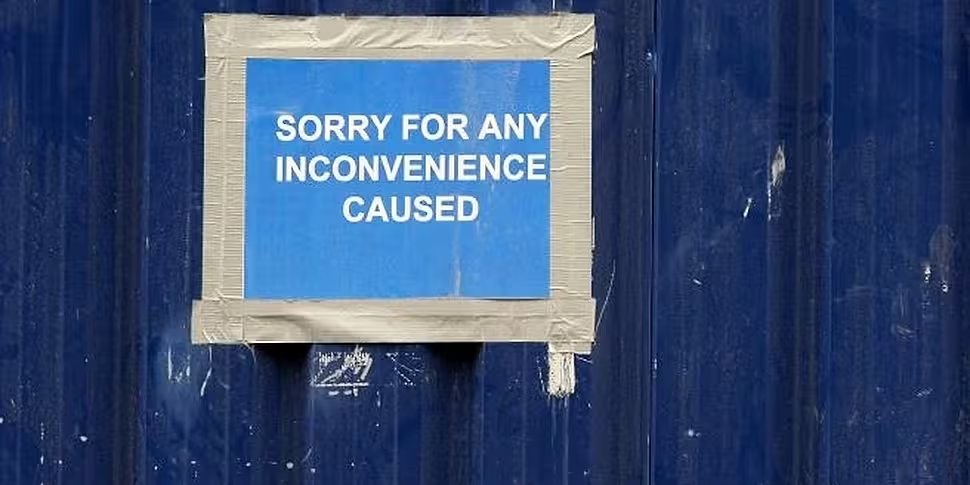While Justin Bieber might believe that it's too late to say sorry now, it seems that the Ombudsman does not share the same opinion, as they have issued a document on the importance of apologising.
Aimed at employees who work in public service, the guidance on apologies document is aimed at providing a set of guidelines to follow in order to make an effective apology.
The guide was issued by the Office of the Ombudsman, outlining what the most important things to do are when apologising to a customer.
Adapted from a similar document issued by the Scottish Public Services Ombudsman, Information Commissioner Peter Tyndall issued the guidelines, in which it is stated that "many people tell us that what they are looking for by making a complaint is for the service provider to acknowledge that something went wrong and to receive a meaningful apology."
"An apology is much more than an expression of regret. It can be relatively simple to say sorry that someone had a ‘bad experience’. It is much harder to apologise for your mistakes or for those made by your organisation."
The guidelines also give information on the best way to make sure an apology is sincere, including offering an explanation if there is one, accepting responsibility for the harm done and assuring the offence will not be repeated.
"It is important to remember," reads the document, "that an apology is not a sign of weakness or an invitation to be sued. It can be a sign of strength and it can show that you are willing to learn when something has gone wrong."
Speaking to Lunchtime on Newstalk, Tyndall said that the problem is often that organisations are "slow to understand how important it is to people to have an apology that feels sincere."
"An awful lot of complaints would never arise if people got an apology and an explanation early on [...] at least they go away at that point understanding why it went wrong, and understanding that you feel empathy towards them in their circumstances."









